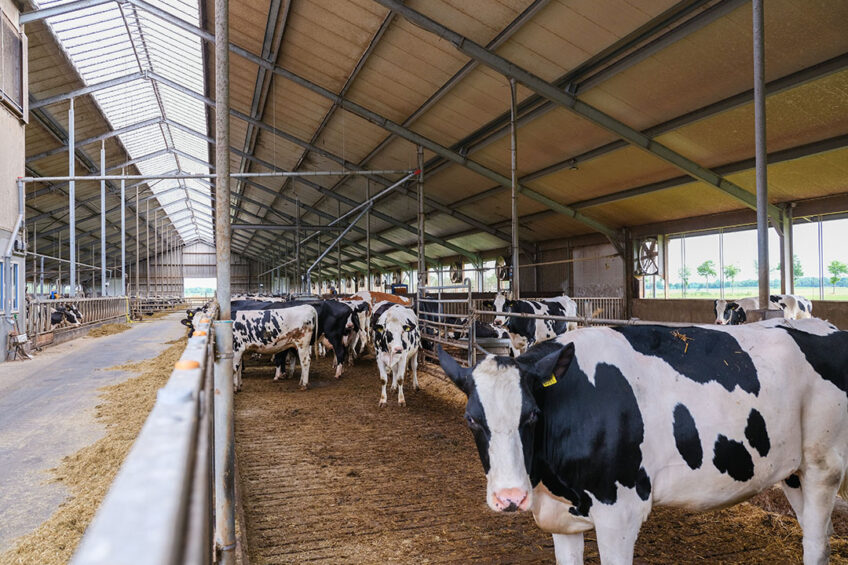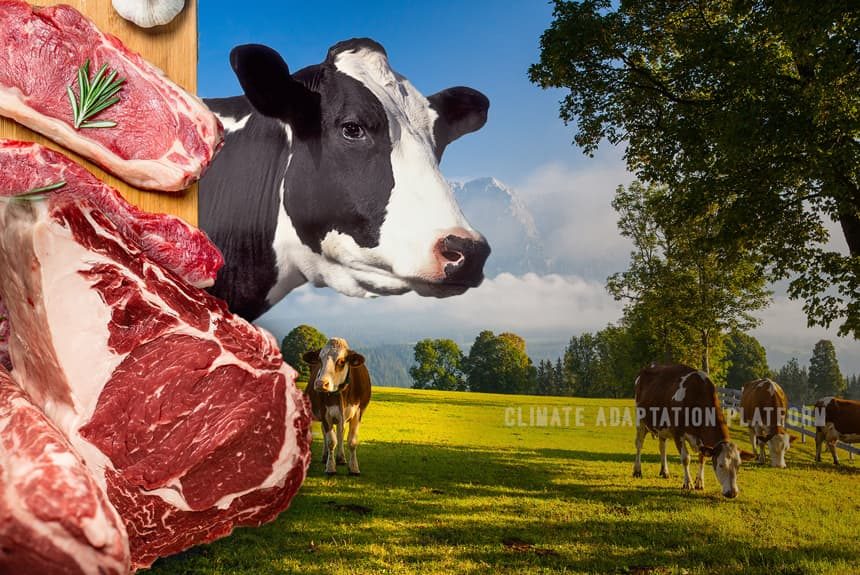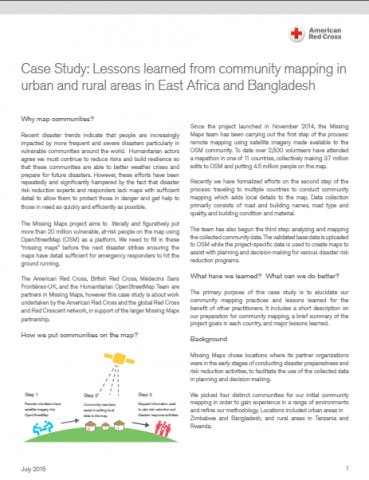Cattle farming is crucial in Bangladesh. It supports livelihoods and provides food. Sustainable cattle farming is important for the environment. It also helps farmers earn more.

Credit: www.tetrapak.com
What is Sustainable Cattle Farming?
Sustainable cattle farming means raising cattle in ways that are good for the environment. It also helps cattle stay healthy. This method also improves farmers’ income.
Benefits Of Sustainable Cattle Farming
- Better Cattle Health: Cattle are less likely to get sick.
- Environment Protection: Reduces harm to soil and water.
- Higher Income: Farmers can earn more money.
Key Practices for Sustainable Cattle Farming in Bangladesh
There are several practices that make cattle farming sustainable. Let’s explore them.
1. Rotational Grazing
Rotational grazing means moving cattle from one pasture to another. This practice helps the grass to grow back. It also prevents overgrazing. Overgrazing can harm the soil.
Benefits of Rotational Grazing
- Healthy Grass: Grass gets time to recover.
- Better Soil: Prevents soil erosion and degradation.
- Healthy Cattle: Cattle get fresh, nutritious grass.
2. Proper Feed Management
Providing the right feed is important. Balanced diets help cattle grow well. It also keeps them healthy. Farmers can use local feed resources. This reduces costs and supports local economy.
Types of Feed
| Type of Feed | Benefits |
|---|---|
| Green Fodder | Rich in nutrients |
| Dry Fodder | Good for digestion |
| Concentrate Feed | High in energy |
3. Waste Management
Managing cattle waste is crucial. Waste can harm the environment. Proper waste management turns waste into useful products. For example, manure can be used as fertilizer.
Methods of Waste Management
- Composting: Turns waste into organic fertilizer.
- Biogas Production: Converts waste into energy.
- Recycling Water: Reduces water pollution.
4. Health Management
Regular health check-ups are important. Vaccinations prevent diseases. Clean living conditions also help. Healthy cattle are more productive.
Common Health Practices
- Vaccination: Prevents diseases.
- Regular Check-ups: Detects health issues early.
- Clean Environment: Reduces risk of infections.
5. Water Management
Water is essential for cattle. Clean water keeps cattle healthy. Efficient water use is important. It helps save water resources.
Water Management Tips
- Clean Water: Ensure water is free from contaminants.
- Efficient Use: Avoid wastage of water.
- Water Recycling: Reuse water whenever possible.
Challenges in Sustainable Cattle Farming in Bangladesh
There are challenges in adopting sustainable practices. Let’s look at some of them.
Lack Of Awareness
Many farmers are not aware of sustainable practices. They need training and education. Government and NGOs can help in this area.
Financial Constraints
Sustainable practices can be costly initially. Farmers need financial support. Loans and grants can help them adopt these practices.
Climate Change
Climate change affects cattle farming. Extreme weather can harm cattle and crops. Farmers need to adapt to these changes.

Credit: www.dairyglobal.net
Government Initiatives for Sustainable Cattle Farming
The government is taking steps to promote sustainable farming. They offer training programs. They also provide financial support to farmers.
Training Programs
Training programs educate farmers. They learn about sustainable practices. This helps them adopt new methods easily.
Financial Support
Financial support helps farmers. Loans and grants make it easier to adopt sustainable practices. This boosts their income and productivity.
Frequently Asked Questions
What Is Sustainable Cattle Farming?
Sustainable cattle farming focuses on practices that protect the environment, enhance animal welfare, and ensure economic viability.
Why Is Sustainable Cattle Farming Important?
It reduces environmental impact, promotes animal health, and supports long-term agricultural productivity.
How Does Bangladesh Practice Sustainable Cattle Farming?
Bangladesh uses integrated farming systems, organic feed, and efficient resource management to promote sustainability.
What Are The Benefits Of Sustainable Cattle Farming?
Benefits include reduced greenhouse gas emissions, improved animal health, and better economic returns for farmers.
Conclusion
Sustainable cattle farming is vital for Bangladesh. It improves cattle health and protects the environment. Farmers also earn more. Adopting sustainable practices can be challenging. But with the right support, it is possible. Government initiatives can help. Together, we can make cattle farming in Bangladesh more sustainable.






















